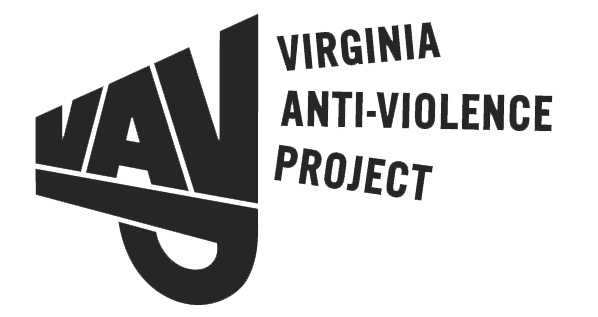by: Sophia Marano
There is a major intersection of disability and sexual orientation regarding women’s post-intimate partner violence mental health outcomes. However, research on disabled non-heterosexual women’s post-intimate partner violence health outcomes is lacking greatly. These dire health outcomes include anxiety, depression, suicidal ideation, alcohol use, sleeping difficulties, and post-traumatic stress disorder symptomology. (Coston, 2019). Not only are members of the LGBTQ+ community at a greater risk for post-intimate partner violence health outcomes, but pre-existing disabilities makes this population particularly vulnerable to intimate partner violence.
Bisexual women are significantly more likely than straight women to be disabled prior to experiencing intimate partner violence. Furthermore, disabled women are significantly more likely than not-disabled women to experience negative mental health consequences of intimate partner violence. (Coston, 2019). It is important to be cognizant of not only the fact that ableism and biphobia interact to increase the likelihood that women experience intimate partner violence, but also that ableism alone magnifies the impact of intimate partner violence for women regardless of sexual orientation. It is evident that the two aspects of sexual orientation and disability intersect to create greater adversity for people that identify as both non-heterosexual and disabled. It is critical for health care providers to be aware of the significant impact of intimate partner violence on disabled women and how different identifying characteristics may magnify this experience. (Coston, 2019).
Considering that ableism puts both men and women in vulnerable positions to be victims of intimate partner violence and this threat is heightened by sexual orientation, it is important to analyze the specific needs and barriers that members of the LGBTQ+ community face regarding intimate partner violence. Although there is a decent amount of literature on the sexuality of people who identify as heterosexual and have learning difficulties, there are almost virtually no studies which explore the feelings and experiences of people with intellectual disabilities who identify as LGBTQ+. (Abbott & Howarth, 2006). One of the most debilitating barriers faced by people with intellectual disabilities in this area is the attitude of people who live with, and support, them. (Abbott & Howarth, 2006). Many disabled members of the LGBTQ+ community have reported that their staff do not have the skills, knowledge, or experience to adopt an open-minded approach needed to support their sexual identity. It is crucial that health providers are educated on the specific risk factors and vulnerabilities that disabled LGBTQ+ people face regarding intimate partner violence.
It is evident that sexual orientation and disability intersect to create greater adversity for people that identify as both non-heterosexual and disabled. Not only are members of the LGBTQ+ community at a greater risk for post-intimate partner violence health outcomes, but pre-existing disabilities makes this population particularly vulnerable to intimate partner violence. In turn, health care providers and staff must be educated about the significant impact of intimate partner violence on disabled women, the different barriers faced by people with intellectual disabilities, and how different identifying characteristics may magnify this experience.
Citations
Author links open overlay panel Bethany M. Coston PhD Envelope, M. Coston PhD Envelope, Disability, sexual orientation, and the mental health outcomes of intimate partner violence: A comparative study of women in the U.S. Disability and Health Journal. Retrieved November 21, 2022, from https://www.sciencedirect.com/science/article/pii/S1936657418302061?casa_token=jxgwuxy0Xx0AAAAA%3AXRyFPVQWEG4AwP-uCMvTZwBlhjHgygXrHKthma0KpQymUngkGpcFWjhqFi9roSuOaiWQjsVV_Go
Still off‐limits? staff views on supporting gay, Lesbian, and bisexual … (n.d.). Retrieved November 21, 2022, from https://onlinelibrary.wiley.com/doi/10.1111/j.1468-3148.2006.00312.
